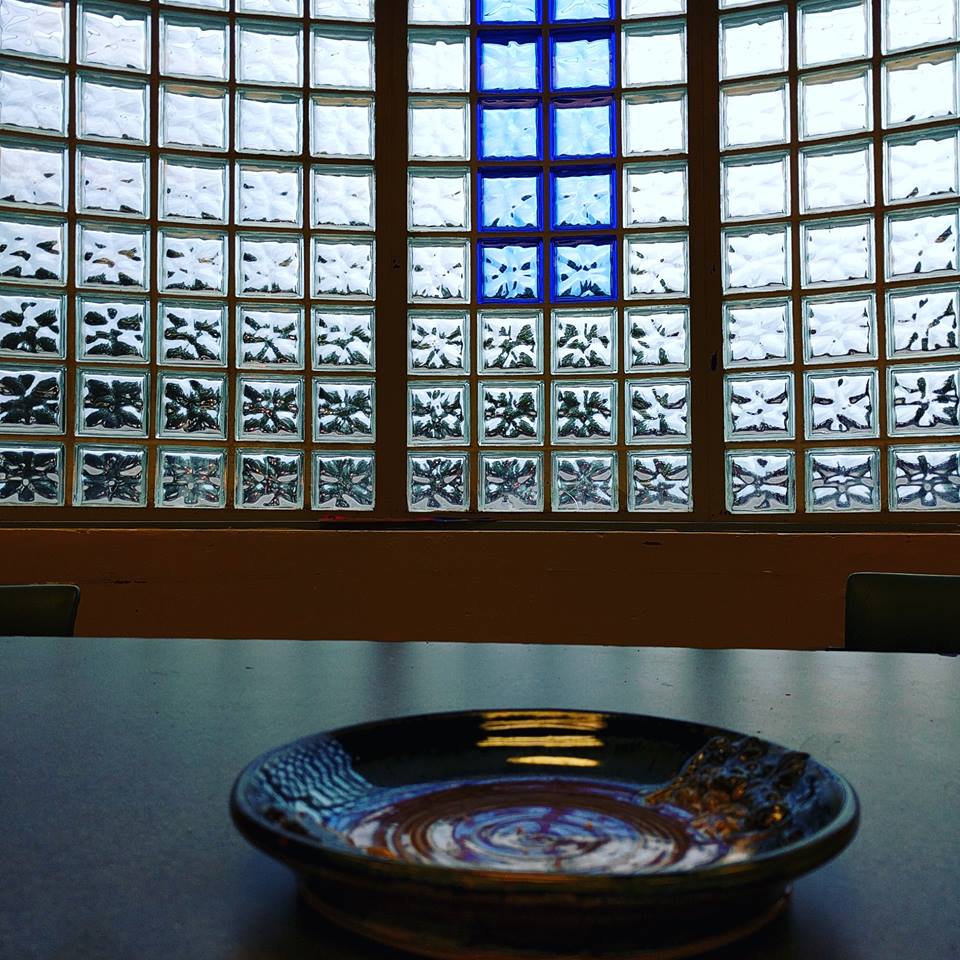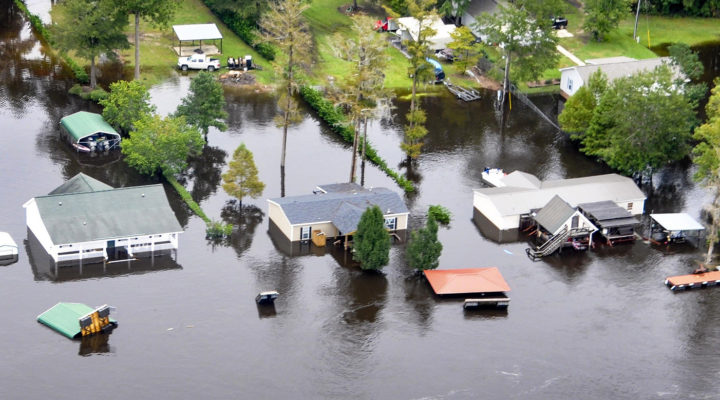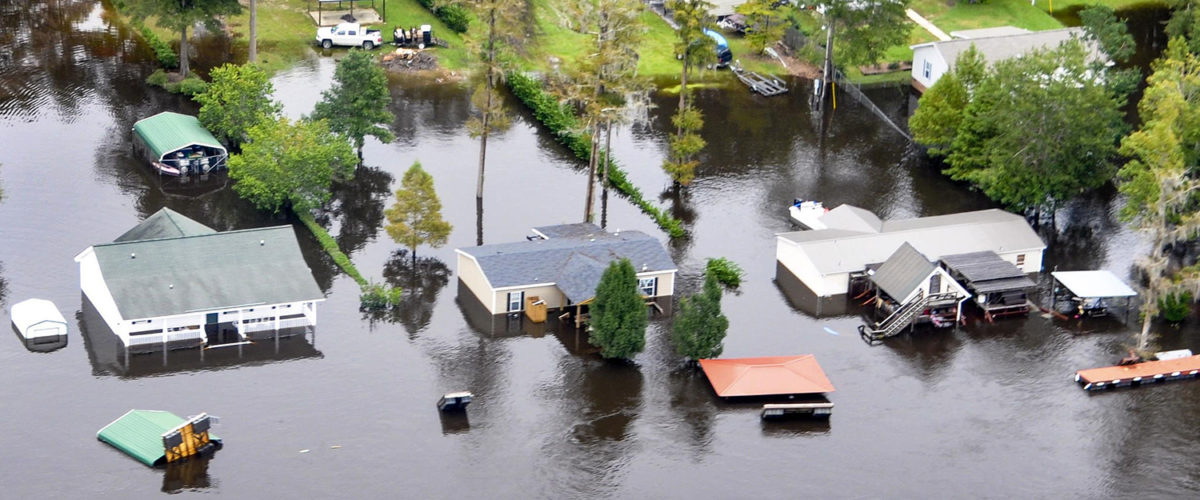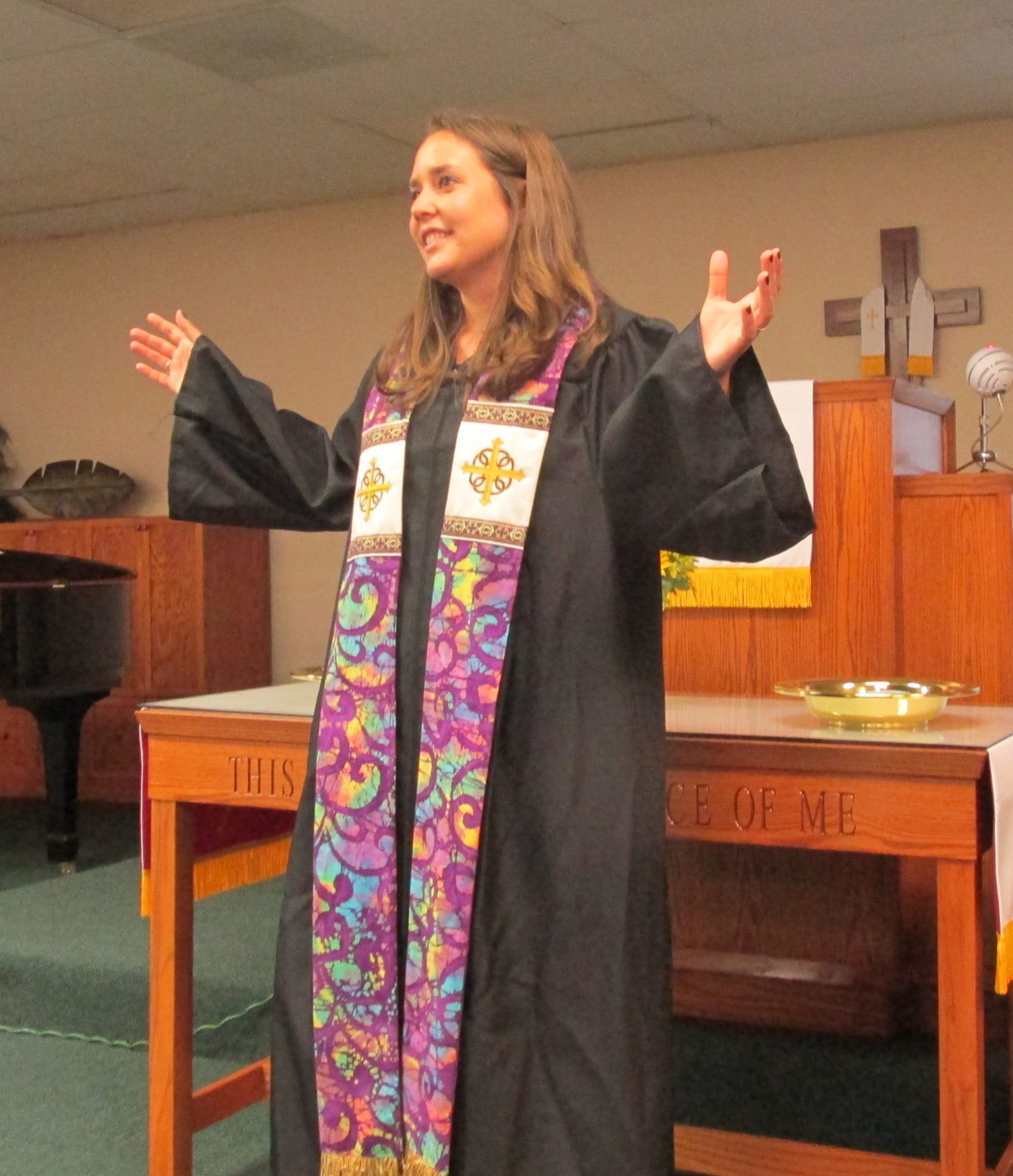Merianna Harrelson was cruising along as pastor of Emmanuel Baptist Church in Lexington, S.C., when Mother Nature stepped in with historic flooding in the fall of 2015.
The high waters, and the suffering they inspired, drew Harrelson and her husband, fellow Baptist minister Sam Harrelson, increasingly into helping impoverished people in area. She had no idea what a course-changing ministry that would turn out to be.
“At Emmanuel we did a lot of work with high poverty children, but I didn’t think I would be ministering to the homeless so overtly,” she said this week.
By various twists and turns, the Harrelson’s became increasingly involved at Transitions, a transitional housing and day facility for homeless people in Columbia.
After realizing the Harrelsons are clergy, facility staff asked them to lead a weekly worship service for residents and others at the shelter. That was in the spring of 2016 and it’s been continuing since.
There have been other developments. The couple launched ministrieslab this year to provide resources to clergy, churches and nonprofits. And Merianna Harrelson has become the interim pastor at New Hope Christian Fellowship in Columbia.
But it’s been her work at Transitions that has provided a sea change in her calling, she said.
“This has changed completely my perspective,” she said.
Harrelson told Baptist News Global just how much the experience has changed her during the past six months.
When and why did you transition to homeless ministry?
In May 2016 we were invited by the shelter to come and volunteer with resume writing. My husband and I have experience with that. We had subscribed to Transitions newsletter after the historic flooding. We saw they were having a job fair. We were working in computer lab and they found out we were ministers. So we entered this partnership.
How does this fit with your position at New Hope?
About the time we started working with Transitions, I did pulpit supply for New Hope and I learned they had a meals and clothing ministry going for about 15 years, but that it had died down because they were in transition. … Our Wednesday chapel service has been a way to reignite the mission they have for homeless in Columbia.
How is the service at the shelter going since you began it?
It started with three to four and now it’s up to as many as 35. We estimate we have seen over 80 unique individuals who have come to the chapel service over six months. Transitions has people living in its transitional housing units, and it has a day center, too. … Chapel began as a Wednesday afternoon service then transitioned to Wednesday mornings at 9:30.

A communion plate awaits use in the room at Transitions shelter in Columbia, S.C. where Merianna Harrelson will lead a weekly chapel service. (Photo/courtesy of Merianna Harrelson)
What are the services like?
I come from a ministry background where the weekly preparation that goes into worship is very planned, very coordinated. So that’s how I approached chapel service. I thought it was going to be like church. … I thought I needed to bring hymnals and a pianist. I thought I needed it to be organized. But what I found is that power existed within the community. The worship is more sporadic and authentic, I think. … The comments we get from people accustomed to ordered worship are that this is church as church should be.
Those who attend chapel — how do they respond to a woman minister?
At no point have I felt that the people who are worshiping there have a problem with women in ministry. They are just seeking and yearning for community. Anybody who is willing to come and lead worship, they are open-arms to that. I have told them about the people who said women shouldn’t be ministers. They’re response is well that’s just silly.
What kind of response do you get from others?
People have told me it’s dangerous, that it’s not wise for me to do as a woman. Even some people who support women in ministry say that is not something a woman should be doing. … They say [the residents] are drug addicts and dangerous. There are a lot of assumptions about the people who are homeless. That’s the hardest part for me. The truth is they are just good people who have found themselves in this situation for one reason or another. I have to fight against people who say they just need to get a job. … The reality is that a lot of the homeless people are actively working, but the work they do is not always dependable. They are very misunderstood, really. And the truth is the majority of people we encounter at Transitions are women.
How did the community take the outcome of the General Election?
The election was on a Tuesday, and on Wednesday morning we worshiped together. I was thinking there would be so much stress and anxiety. I assumed that because of the world I usually operated in. So I was prepared to go there with my pastoral cap on. I envisioned a service of prayer. But during the prayer time there was no mention about the election. It was just the community gathering together.
There are a lot of assumptions about the people who are homeless. That’s the hardest part for me.
Why do you think they weren’t disturbed that morning?
The question is why did I think this was going to be a place so full of anxiety over the election? I realized it’s a privilege to worry about those things when you are not worried about what you will eat or where you will be sleeping at night. I was confronted by the privileged of worrying about the election, and even about the right to vote.
What is your take away from that?
One of things that struck me this Advent season is that there are a lot of comfort-and-joy services being held to help people work through the election. … So, I’m thinking how, during this Advent season, can we transform from being people who receive hope to being agents of hope in the world? Maybe we can be the hope and joy and love to the people of the world. That can be our way of offering the gospel.



